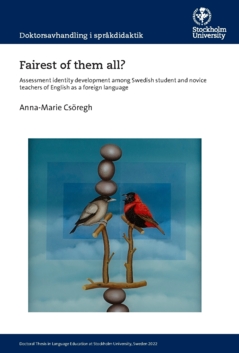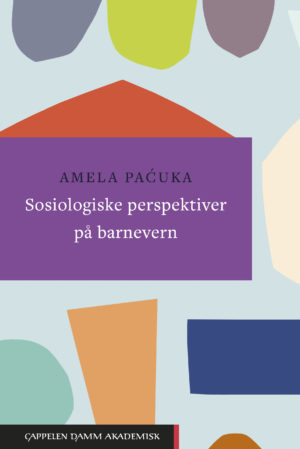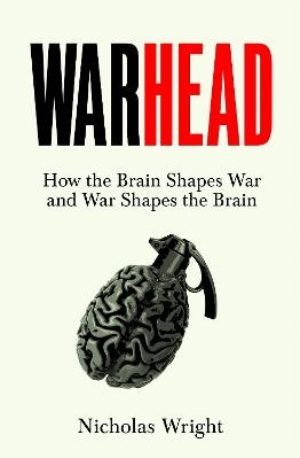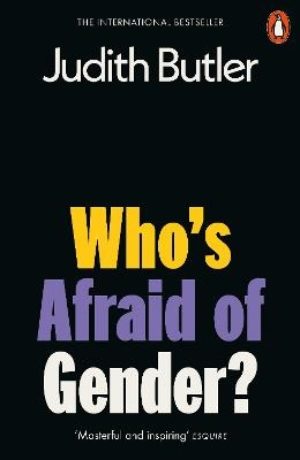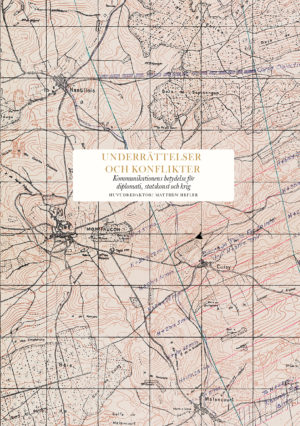In teaching, everything counts, but when it comes to assessment not everything should be counted. This paradox is explored in this thesis where the focus concerns student and novice teachers’ assumptions and beliefs about assessment and grading English in Swedish middle school.
Based on the findings, a four-field model is introduced where assessment identities are positioned according to teachers’ technical/formal or pedagogical approach to assessment and their compliance tothe accountability system. Findings that are visualised using the model of language assessment identity positions (LAIP) reveal a need to address assessment identity formation during teacher education before teachers are confronted with all the complexities of assessment. This project shows that novice teachers are very much left to their own devices; however, being able to problematise different teacher roles and assessment identities as part of the learning process of how to become a teacher may counteract feelings of stress and inadequacy. This would
also help novices to connect what is learnt at university to what is encountered at work.
Hopefully, the insights and experiences of the participating student and novice teachers will contribute to problematising different assessment identity positions and how these relate to the aims of equality and quality assessment, benefitting both active and future
teachers.
This is a doctoral thesis in Language Education at Stockholm University, Sweden 2022.
